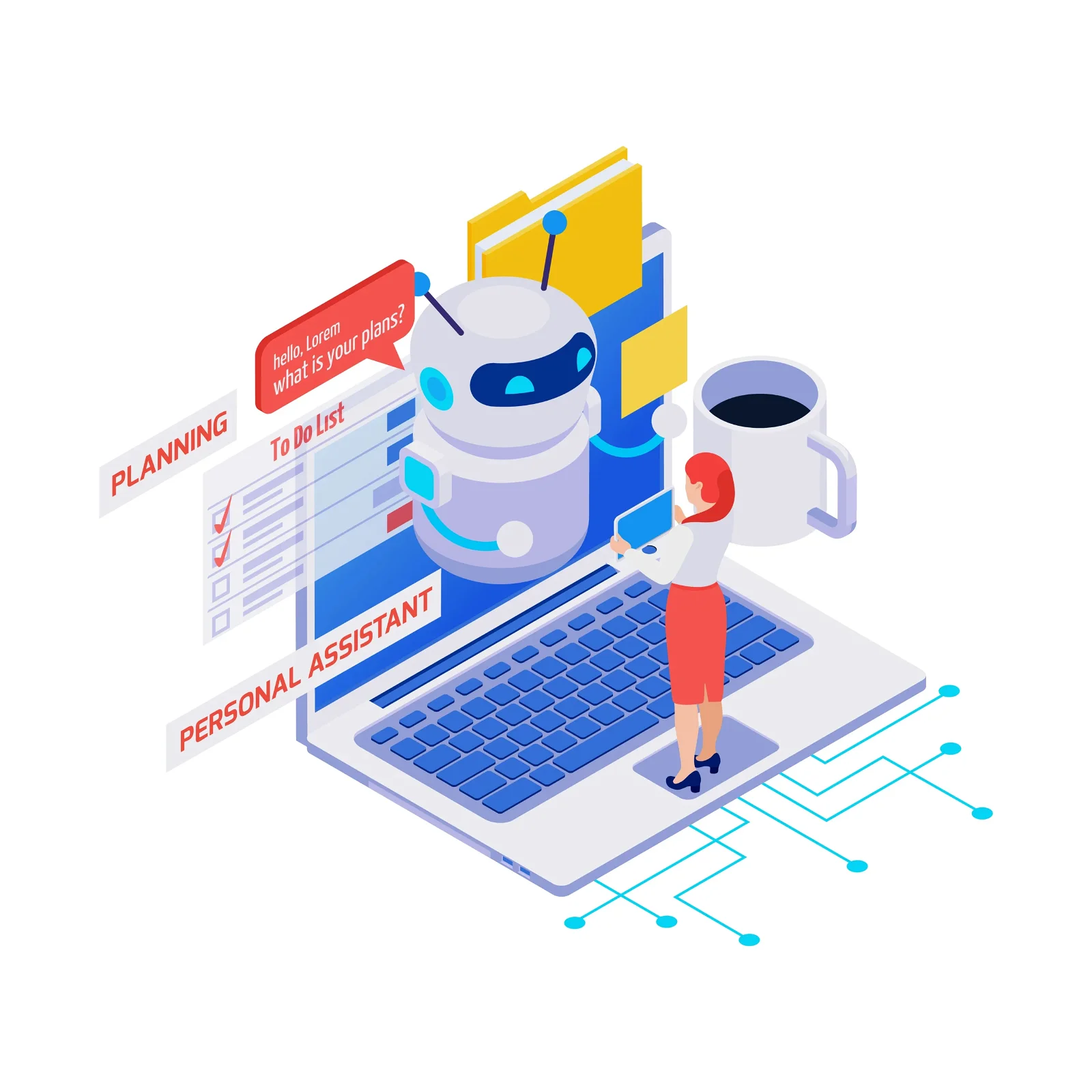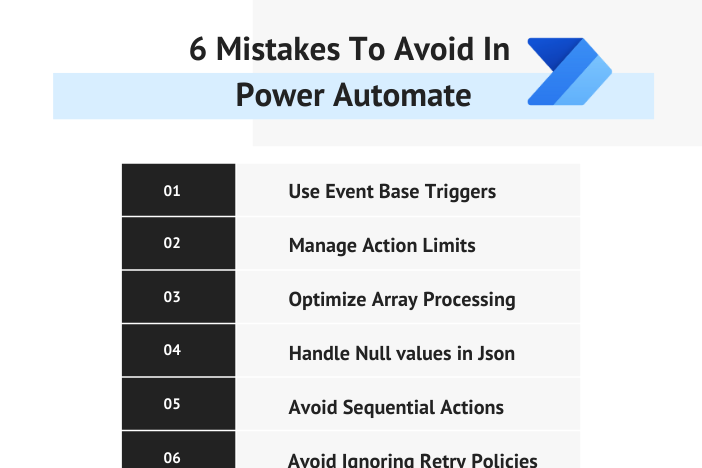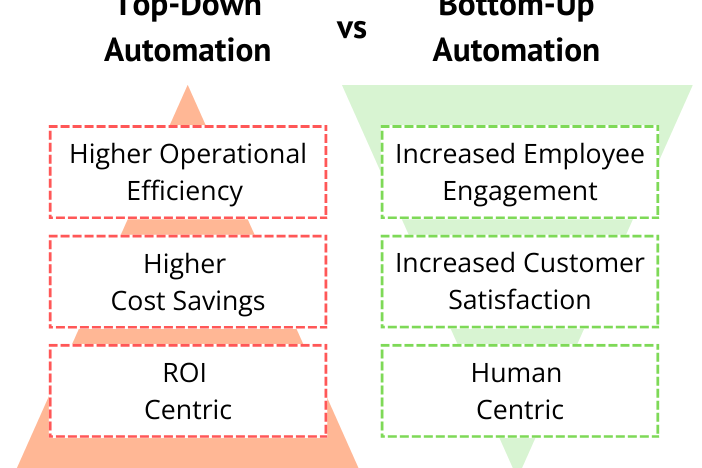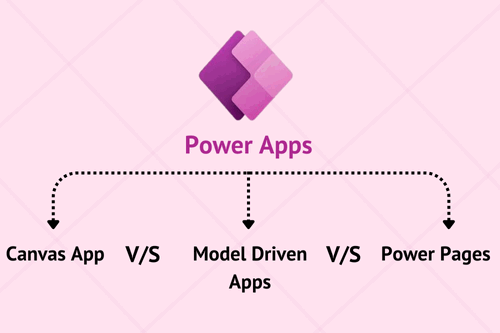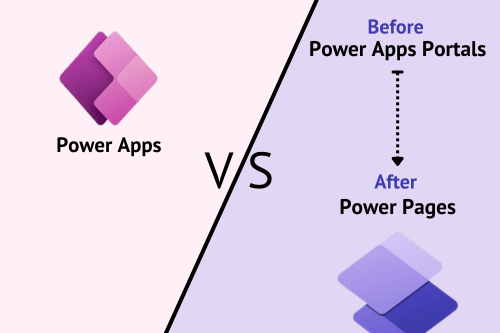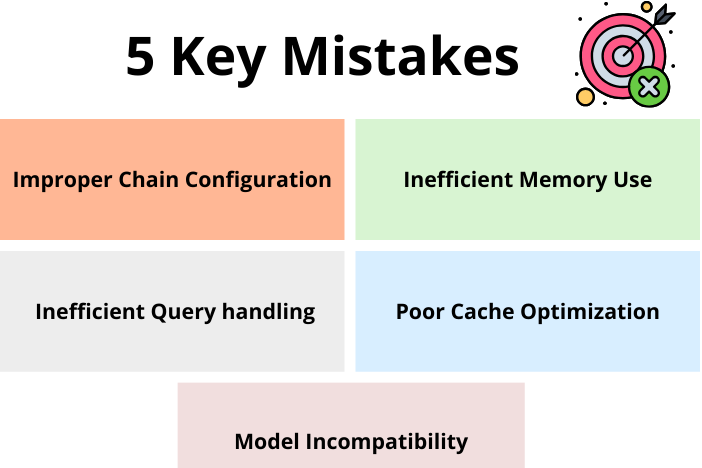Robotic Process Automation is the foundation, but Intelligent Process Automation is the evolution. While RPA and IPA aim for the same outcome, they both have different approaches.
Robotic Process Automation (RPA) and Intelligent Process Automation (IPA) are two technologies revolutionizing automation processes in the business landscape. According to Precedence Research, the global market size for IPA in 2022 was evaluated at around USD 13.2 billion, reaching 51.35 billion in 2032.
This blog explores the key differences between RPA and IPA, their capabilities, and their applications in the automation process.
Into the Robotic Process Automation
Robotic Process Automation (RPA) handles boring tasks, allowing humans to concentrate on more priority tasks, RPA uses software robots to perform repetitive, rule-based, and time-consuming tasks. This saves a lot of human labor and effort. RPA is actively being used in many industries such as:
1. Healthcare
RPA plays a vital role in healthcare department by handling all day-to-day tasks like patient registration, appointment scheduling, claims processing, etc. allowing healthcare professionals to attend priority tasks.
2. HR Management
RPA automates all the HR Management that needs little to no human intervention like payroll, onboarding and tracking their time. It helps HR to seamlessly execute different operations, reducing or removing the risk of manual errors.
3. Finance
RPA ensures efficient and accurate execution of financial operations by handling tasks like invoice processing, customer onboarding, data entry, etc. This helps the employees to work on high priority tasks, saving time and effort.
Businesses need bots to simplify work, but RPA doesn’t work well when encountered with an exception. RPA automates structured data easily and efficiently. The times have changed and even the modern tech has become old. Thus, RPA has evolved to overcome the challenges when faced with exceptions.
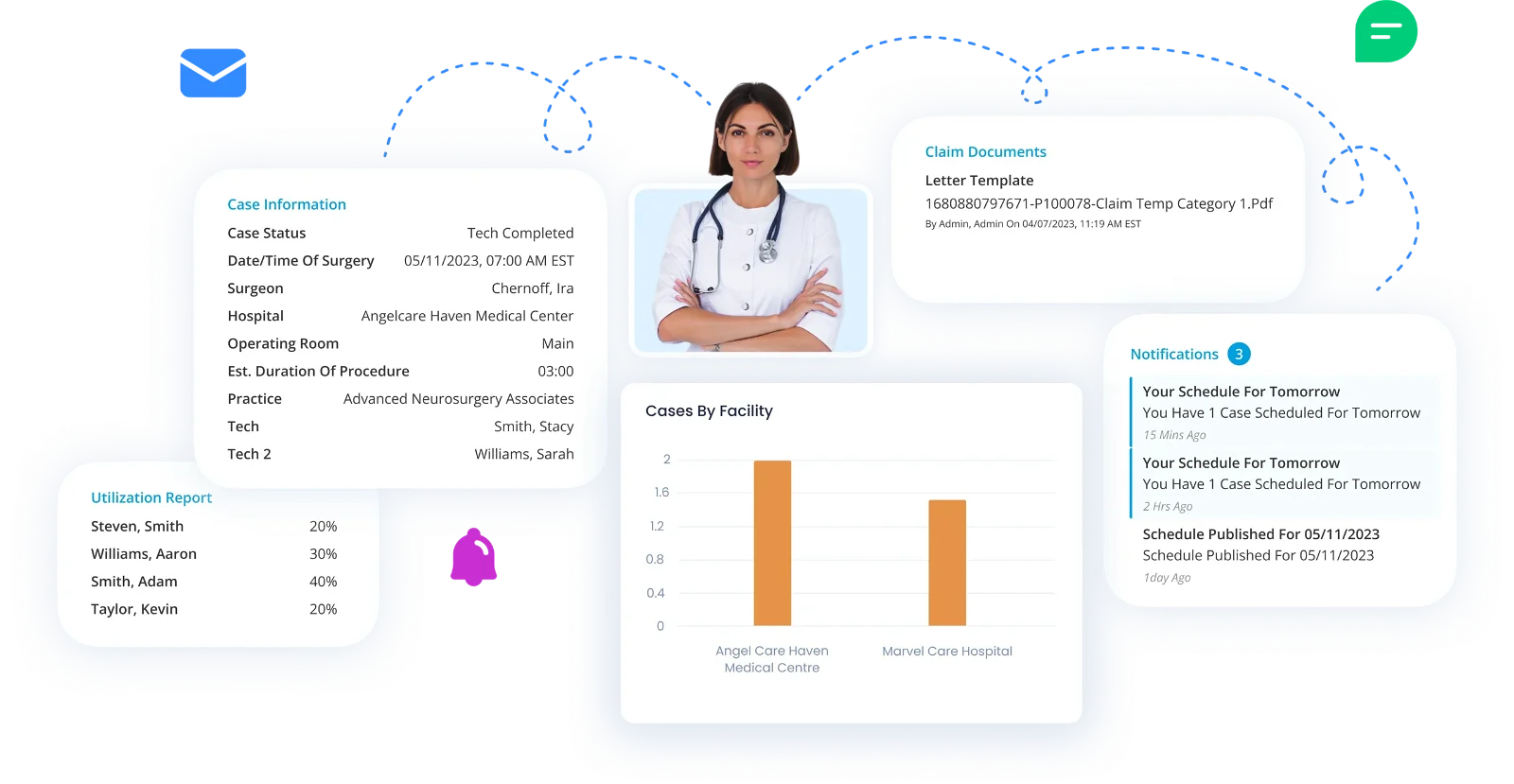
Sunflower Lab is renowned for delivering top-notch software development services in the USA, with ZinniaX IONM as a prime example. Here, we helped ZinniaX create an intraoperative neuromonitoring healthcare app. This application helps to identify the problems in the current healthcare industry and provides unique solutions to improve productivity. Many technologies like Power BI, AI, OCR, and Data Analytics along with RPA as a core technology were used. This helped in providing the best possible experience for the users.
Let’s talk!
Looking to automate your business processes to increase productivity? You’re looking at the right place.
Connecting with Intelligent Process Automation
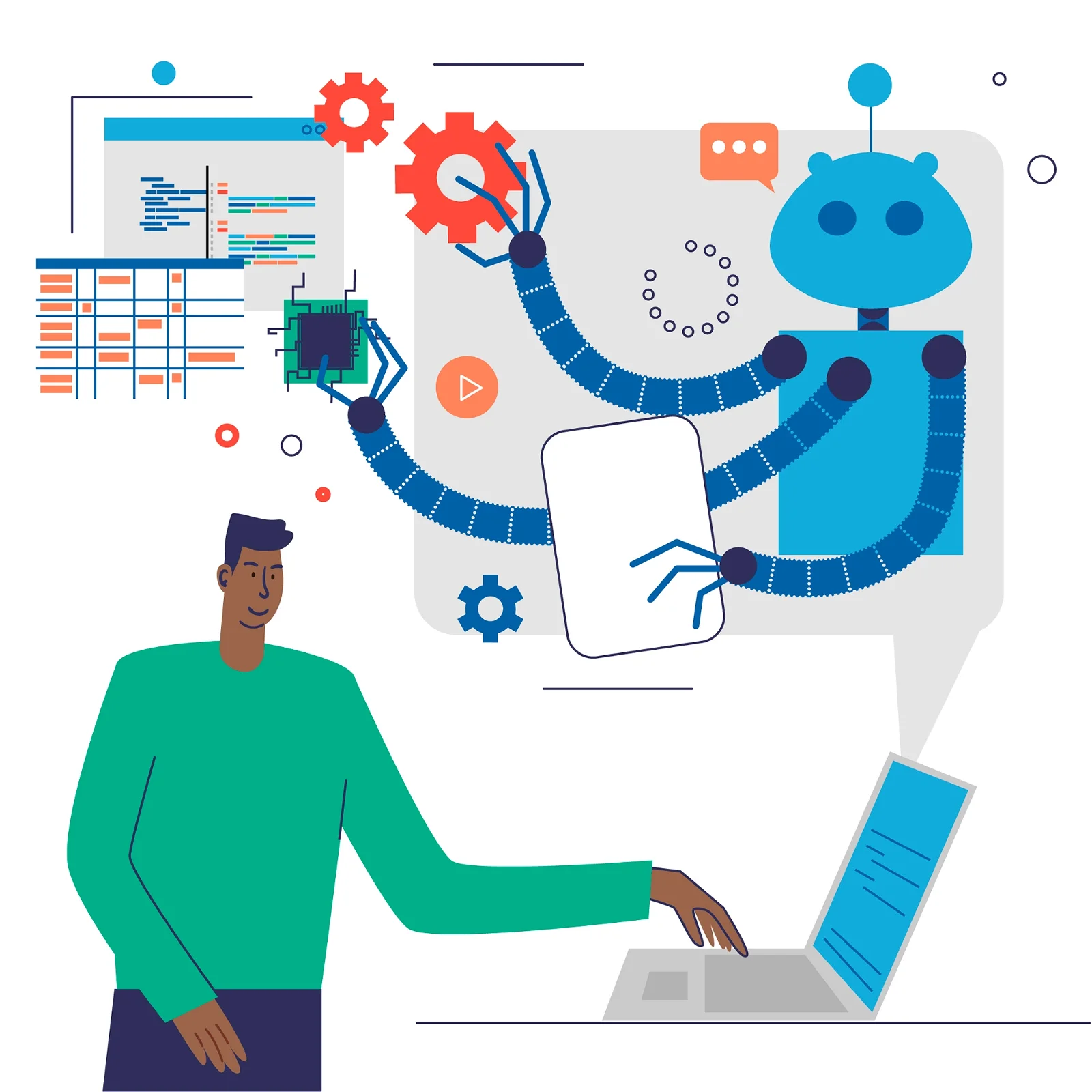
Intelligent Process Automation is an enhanced version of Robotic Process Automation to address the limitations of RPA. By combining RPA with advanced technologies like AI and ML; IPA helps businesses to tackle challenges related to unstructured or un-ruled tasks that require intelligence. It is not confined to mundane tasks but extends its reach to problem-solving that demands cognitive abilities and adaptability. IPA is used in industries like:
1. Inventory Management
IPA helps businesses by reducing the workload on the backend tasks such as invoice generation, tackling work orders, tracking inventory and more. This was possible because of the integration of IA, ML with RPA increasing efficiency, productivity and performance.
2. Healthcare
IPA has the ability to perform the tasks of RPA but even more efficiently. IPA helps to look through a vast amount of data and give possible treatments based on the medical history of any patient. This helps doctors to save themselves from the struggle of going through the files of the patients and have time to actually talk with them.
3. Customer Service
IPA uses the customer data and experiences through chatbots, vice bots and assistants, and sentiment analysis to understand the problems of the customers. This helps in solving the issue more effectively and in case the issue is very grave, a human can finally intervene to solve the issue in a better way.
4. Marketing and E-Commerce

IPA enhances the marketing campaigns, customer support, provides personalized options and more to understand the customers and their shopping patterns. This leads to increased efficiency and customer satisfaction.
With the advancement of technology, now automating operations has become easy, efficient, and accurate. Sunflower Lab helps businesses achieve quality and productivity by providing the best technological solutions with IPA to automate everyday operations.
A Digital Duel between RPA and IPA
1. Difference of Intelligence
While IPA and RPA share similar working principles, the crucial difference lies in intelligence. RPA lacks the ability to think independently and can solely automate rule-based processes, whereas IPA exhibits intelligence in handling exceptions, offering effective solutions beyond rigid rules.
2. Dealing with the Data
RPA primarily excels at automating tasks that involve structured data, which is well-organized, follows a clear format, and can be easily processed by following predetermined rules and patterns. On the other hand, IPA goes beyond structured data and possesses the ability to handle unstructured data as well. Unstructured data refers to information that does not conform to a specific format or structure, making it more challenging to analyze and process using traditional rule-based methods.
3. Capability to Provide Insights
IPA has the capability of cognitive thinking. With the integration of IA in RPA, tasks that require human intelligence are done. This helps focus on more priority tasks and the involvement of an actual human only when required. IPA provides insights for the future to help companies in the long-term game and achieve success.
4. RPA is part of IPA
These two technologies might be confusing, but it’s crucial to understand that IPA represents a refined version of RPA. They are not entirely separate; rather, RPA forms an integral component of IPA, integrating with AI and ML to deliver optimal outcomes for business processes.
Though IPA is an amazing technology that will change the business model, it is important to consider the budget that you can allow. Integrating IPA in your business operations is significantly expensive in comparison to RPA, its development costs are high as well as the maintenance costs. To make business operations seamless, adding IPA is not enough, you’ll have to upgrade the IT infrastructure of your business as well. To know more about RPA and IPA, check out our blog on Intelligent Process Automation.
The Ultimate Choice
It is not easy to just automate your business process with RPA and IPA. It needs a lot of thinking and knowledge. One must understand the differences between RPA and IPA; their similarities, the budget your company has; how much it will cost to integrate these digital transformation technologies and so much more.
You might see this overwhelming now finding the right solution but to make your work easy here, Sunflower Lab has experts who can find the right solution for your business. Contact Us today and our team of experts will help you achieve the best of what you dreamt of.
You might also like
Stay ahead in tech with Sunflower Lab’s curated blogs, sorted by technology type. From AI to Digital Products, explore cutting-edge developments in our insightful, categorized collection. Dive in and stay informed about the ever-evolving digital landscape with Sunflower Lab.


